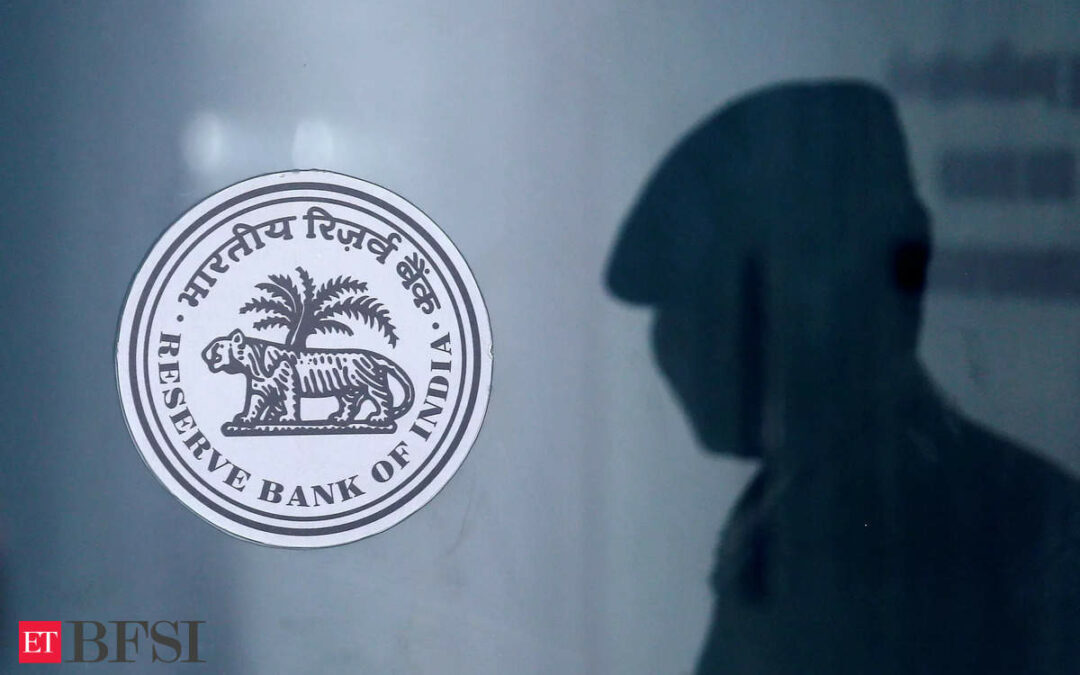Mumbai: The banking sector, which is at a decadal high in terms of financial parameters, is all set to support the growth of the Indian economy, Reserve Bank deputy governor Swaminathan J said on Tuesday. Addressing a conference of statutory auditors and chief financial officers of commercial banks and all Indian financial institutions here, the deputy governor also said the Reserve Bank of India (RBI) has undertaken several initiatives to enhance the effectiveness of the auditing process.
These include structured meeting mechanisms between supervisory teams and auditors, introducing exception reporting, streamlining processes for the appointment of auditors, and other measures designed to safeguard the independence of auditors.
“Auditors must apply due rigour in their audit processes to mitigate any potential for divergence, under-provisioning, or non-compliance with statutory and regulatory requirements. Further, a critical aspect of the auditor’s role is the careful evaluation of internal financial controls over financial reporting,” he said.
By maintaining meticulous standards and adherence to regulatory guidelines as well as auditing standards, auditors can minimise the need for supervisors to intervene, Swaminathan added.
While highlighting expectations from auditors to help ensure robust financial oversight and regulatory compliance, he said they can play a significant role in identifying and promptly reporting incipient vulnerabilities to both the bank management and the RBI.
“I would like to mention that today the banking sector is at a decadal high in terms of all financial parameters that we monitor, and the sector is well poised to support the growth of the Indian economy. But we have a shared responsibility to ensure that the same is sustainable over the years,” he said.
Therefore, the deputy governor said today’s conference underscores the indispensable partnership between the auditors, CFOs and financial sector regulators in safeguarding the integrity and stability of our financial institutions.
He also emphasised the need to uphold the highest standards of transparency, diligence, and professionalism to foster trust among stakeholders and ensure the continued resilience of our banking system.
According to the RBI’s latest Financial Stability Report, the bad assets or gross NPAs of commercial banks fell to a 12-year low of 2.8 per cent in March 2024 and may go down further to 2.5 per cent by the end of the current fiscal.
RBI Deputy Governor M Rajeshwar Rao in his keynote address highlighted the emerging challenges and the central bank’s expectations from the statutory auditors, more specifically the role of auditors in the principle-based regulatory regime and the disclosure framework.
Ajay Bhushan Prasad Pandey, chairperson, the National Financial Reporting Authority (NFRA) and Ranjeet Kumar Agarwal, president, the Institute of Chartered Accountants of India (ICAI) also addressed the participants.
Chairperson of NFRA Pandey highlighted the key role of chief financial officers (CFOs) and auditors of banks in ensuring that their financial statements are true and fair, and free from misstatement.
Explaining the learnings from cases handled at NFRA, he emphasised the importance of effective communication between stakeholders end-use monitoring of funds and proactive oversight over the work of branch auditors.
ICAI president Agarwal emphasised the contribution needed from the Chartered Accountancy profession in achieving India’s aspiration of becoming a developed economy by 2047, living up to the trust reposed on the profession by law and regulation.
He detailed various initiatives taken by the Institute in capacity building of chartered accountants, especially with respect to bank audits.
The conference included technical sessions from guest speakers from the industry and the chief general managers of the RBI.










